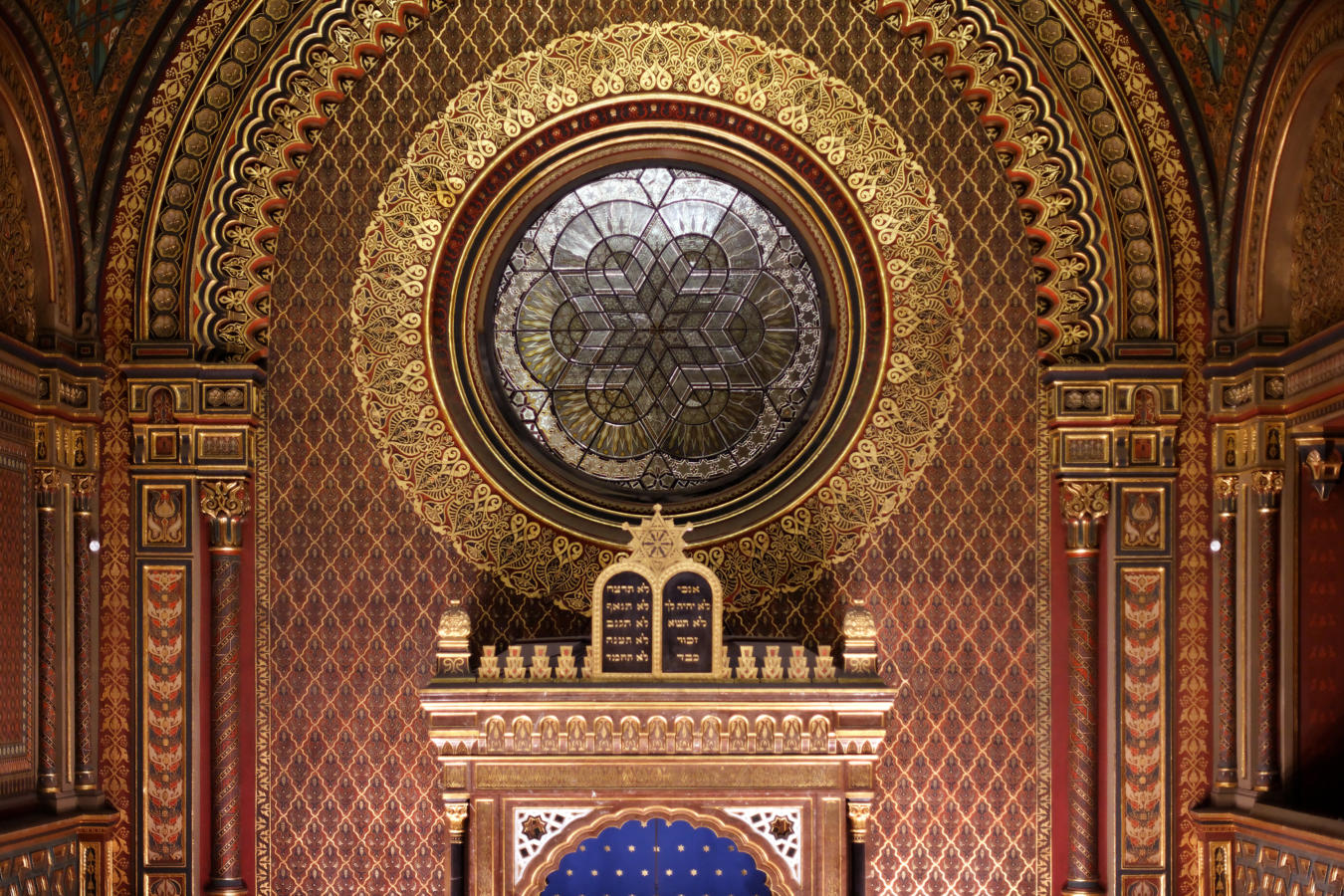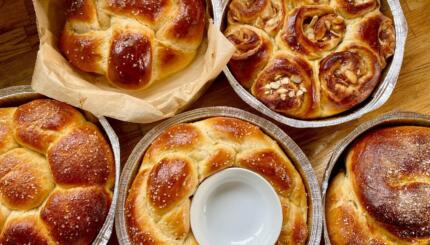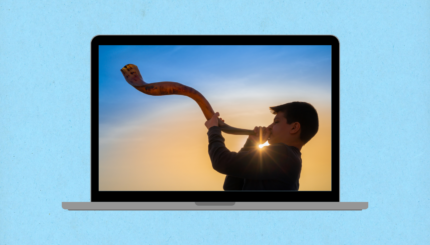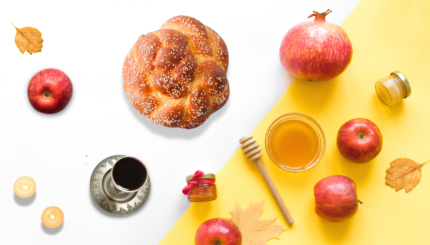If there’s one word that is closely connected with the High Holiday season, it’s teshuvah, repentance. It’s a part of the vocabulary taught to even young religious school children: looking at one’s behavior and then taking steps to make better decisions and live a life free of transgressions against God and our fellow humans.
There’s one iconic prayer, recited on each of the days of Rosh Hashanah and Yom Kippur, that expresses in a clear and dramatic way our need to perform teshuvah. The text of Unetaneh Tokef lays it all out for us and utilizes vivid imagery: Before God lies a giant book — the Book of Life — in which we hope all of our names will be inscribed for the coming year. The Unetaneh Tokef goes on to tell us that on Rosh Hashanah, those deserving names are entered — ensuring they will live through the year, and on Yom Kippur, the Book is sealed — their fates no longer alterable. We have until the very end of Yom Kippur, during the concluding Neilah service when the liturgy tells us that the gates are closing, to sway God’s decision in our favor.
Find the full text of the Unetanah Tokef in Hebrew and English here!
To drive home the serious consequences of our actions, Unetaneh Tokef then lists all the dire ways we can meet our fate. We read the classic words “Who shall live and who shall die?” — but then the rest of the paragraph is devoted to all the ways the latter outcome could take place:

Help us keep Jewish knowledge accessible to millions of people around the world.
Your donation to My Jewish Learning fuels endless journeys of Jewish discovery. With your help, My Jewish Learning can continue to provide nonstop opportunities for learning, connection and growth.
Who by fire and who by water?
Who by plague and who by famine?
Who by sword and who by wild beast?
Who by hunger and who by thirst?
At last, we’re given a shred of hope, the theological carrot to these long passages of stick. We read:
Uteshuvah utefilah utzedakah ma’avirin et roa hag’zeirah
But repentance, prayer, and deeds of charity can annul the severity of the decree.
This prayer is undoubtedly the climax of the High Holiday morning service. As the hazzan of my synagogue, I see my entire congregation present for this prayer (although people start to trickle out of the sanctuary soon after). Backed up by the choir, I chant it in some of the most ornate and dramatic musical selections of the year.
Yet, at the same time, I find this prayer to be the most disturbing, confusing, and theologically questionable of the entire mahzor. A close look at the wording seems to contradict everything we’re supposed to believe and do on these High Holidays. It says that on Rosh Hashanah and Yom Kippur, our names are written and then sealed for the coming year. That is, the decision is made. It’s a done deal. Therefore, it is already predetermined whether we will live or die during the next year. What good then are our acts of teshuvah? How can we annul the severity of the decree through deeds of tzedakah (charity) if that decree is not only recorded but in fact sealed in a book? Should we leave the sanctuary at the end of Yom Kippur and simply hope for the best, realizing that nothing we do from that moment on has any effect on whether we will survive the year ahead?
We need a better way to relate to this prayer that is so central to our High Holiday liturgy. I have come to understand this disturbing and powerful text less as a promise of childlike reward and punishment and more as a statement of the fragility of life and our own mortality. I have literally been moved to tears (no small challenge while trying to sing with a full voice along with the choir) looking out at a full sanctuary, everyone’s voices joined in the familiar refrain:
B’rosh hashanah yikateivun uv’yom tzom kippur yeichateimun
On Rosh Hashanah it is written and on Yom Kippur it is sealed
At that moment, I realize that not all of us will be here next year. These people — congregants, friends, family — it is a sad but inescapable fact that some will die over the course of the coming year. Our lives are a gift. We perform teshuvah not to appease a distant and invisible Deity, but rather to remind us of our value to one another and strengthen our relationships with each other. We give tzedakah to better the lives of those around us. And we engage in prayer to further develop the bonds of our connection to Judaism and our community.
Our job is not to temporarily put on our best behavior in order to convince God to let us live for another year. Instead, we acknowledge that our time here on earth is limited and our lives tenuous. The true and vital message of Unetaneh Tokef requires us to ask ourselves not who shall live, but how shall we live?



